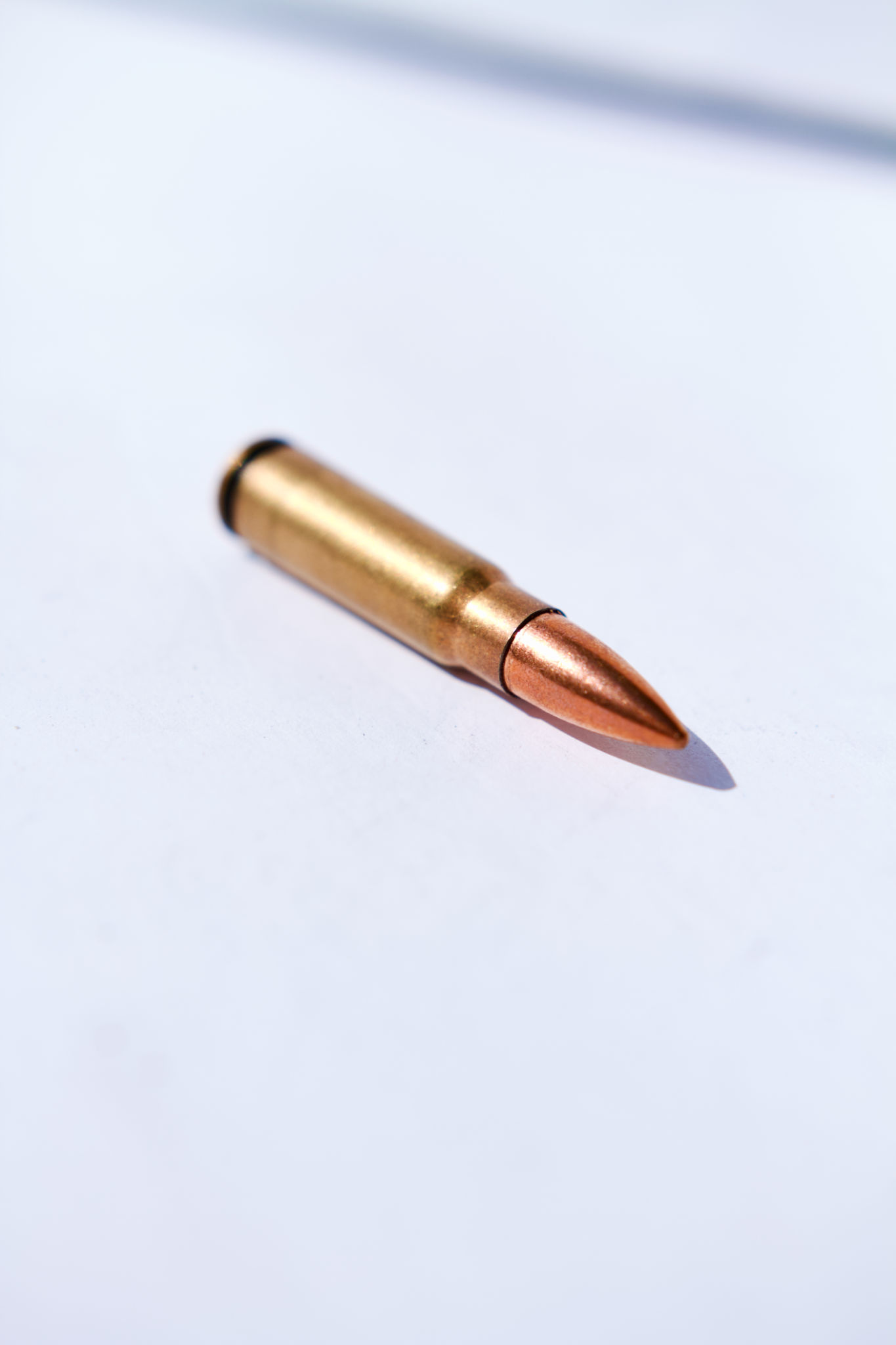Understanding Firearm Transfer Laws in Connecticut: A Comprehensive Guide
Introduction to Firearm Transfer Laws in Connecticut
Connecticut has some of the most comprehensive firearm laws in the United States. Understanding these laws is crucial for both gun owners and those considering purchasing firearms. This guide will provide an overview of the key aspects of firearm transfer laws in Connecticut, ensuring you have the necessary information to comply with state regulations.

Eligibility Requirements
Before transferring a firearm in Connecticut, it is essential to determine eligibility. Both the buyer and the seller must meet specific criteria. The buyer must have a valid pistol permit, eligibility certificate, or long gun eligibility certificate. Additionally, the buyer must be at least 21 years old for handguns and 18 years old for long guns. The seller must ensure that the buyer meets these requirements before proceeding with any transaction.
Furthermore, background checks are mandatory for all firearm transfers in Connecticut. This includes private sales, which must be conducted through a federally licensed firearms dealer (FFL). The FFL will conduct the background check on behalf of the parties involved, ensuring compliance with state and federal laws.

Conducting a Private Sale
Private sales of firearms between individuals are permitted in Connecticut but must follow strict guidelines. As noted, these sales require the involvement of a federally licensed firearms dealer. The FFL will facilitate the background check process and record the transfer details, ensuring that all legal requirements are met. This process helps maintain accountability and traceability of firearms within the state.
Both parties involved in the transaction must provide identification and proof of eligibility. The seller should retain a record of the transfer, including the buyer's identification details and permit information, for their own records.

Transfers Between Family Members
In Connecticut, firearm transfers between immediate family members, such as spouses, siblings, or parents and children, are subject to less stringent regulations. However, these transfers still require the completion of certain documentation to ensure legality. The recipient family member must possess the appropriate permits or certificates.
A declaration form must be submitted to the Department of Emergency Services and Public Protection (DESPP) by both parties within 72 hours of the transfer. This form serves as a legal record of the transaction and ensures compliance with state laws.
Penalties for Non-Compliance
Failure to adhere to Connecticut's firearm transfer laws can result in significant penalties. Violations may lead to fines, imprisonment, or both, depending on the severity of the infraction. It is crucial for both buyers and sellers to fully understand their responsibilities under the law to avoid potential legal issues.

Conclusion
Navigating firearm transfer laws in Connecticut requires attention to detail and a thorough understanding of state regulations. By following the proper procedures and ensuring compliance with all legal requirements, individuals can conduct firearm transactions responsibly and legally. Staying informed and aware of any changes in legislation is also essential for maintaining compliance and promoting safe practices within the firearm community.